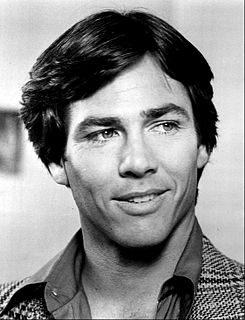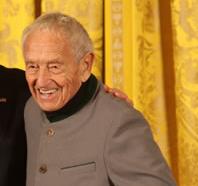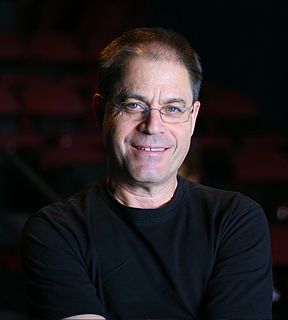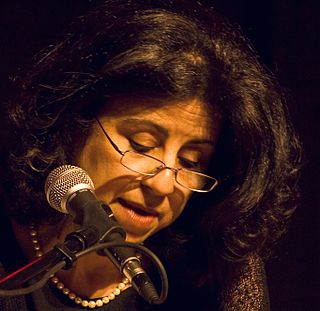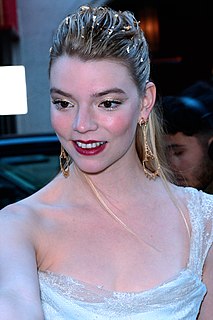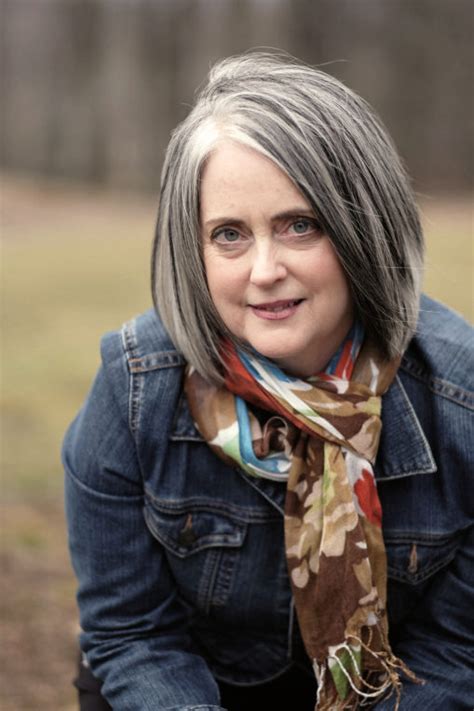A Quote by Meryl Streep
I've thought a lot about the power of empathy. In my work, it's the current that connects me and my actual pulse to a fictional character in a made up story, it allows me to feel, pretend feelings and sorrows and imagined pain.
Related Quotes
I don't use "feelings" as a diminutive word. I'm trying to take feelings back. I think of everyone on the internet whose response to everything is: "#Feelings! This is important, this is real, this is significant!" That connects to power, too. Wanting to feel like you have power and control over your life.
A lot of people seem to think that art or photography is about the way things look, or the surface of things. That's not what it's about for me. It's really about relationships and feelings...it's really hard for me to do commercial work because people kind of want me to do a Nan Goldin. They don't understand that it's not about a style or a look or a setup. It's about emotional obsession and empathy.
Empathy occurs when we suspend our single-minded focus of attention and instead adopt a double-minded foucus of attention. When our attention lapses into single focus, empathy has been turned off. When we shift our attention to dual focus empathy has been turned on. Empathy is our ability to identify what someone else is thinking or feeling and to respond to there thought or feelings with an approriate emotion. Empathy makes the other person feel valued, enabling them to feel that their thoughts and feelings have been heard.
When you create those characters that people love and care about and put them in a dark hallway, already the audience is on edge, and they feel empathy for that character. Then it's up to me to decide what jumps out in that hallway. So I think laying that foundation of strong characters and strong story is the most important thing in a horror film.
People are afraid of themselves, of their own reality; their feelings most of all. People talk about how great love is, but that's bullshit. Love hurts. Feelings are disturbing. People are taught that pain is evil and dangerous. How can they deal with love if they're afraid to feel? Pain is meant to wake us up. People try to hide their pain. But they're wrong. Pain is something to carry, like a radio. You feel your strength in the experience of pain. It's all in how you carry it.
The [character] that I was able to crawl into the most was Lilo from Lilo & Stitch. This was sort of a cartoony-looking girl, but her problems were completely real. Her funky world that she createdI mean, you know kids like that. It was very honest and genuine and I wanted to do an honest job, so I thought about the character a lot before I animated it. I really got into the character, where [I] almost felt that pain that she had. The loss of the parents - you need to feel all that. That was a big learning experience for me.
For me, a story begins with music: I feel the rhythm, the cadence, the pulse of the characters and their voices and the setting. Because I had just finished writing a book called 'Black Potatoes: The Story of the Great Irish Famine,' I was already filled with the music of the lives and culture of the Irish people, so I thought, why not use it?


